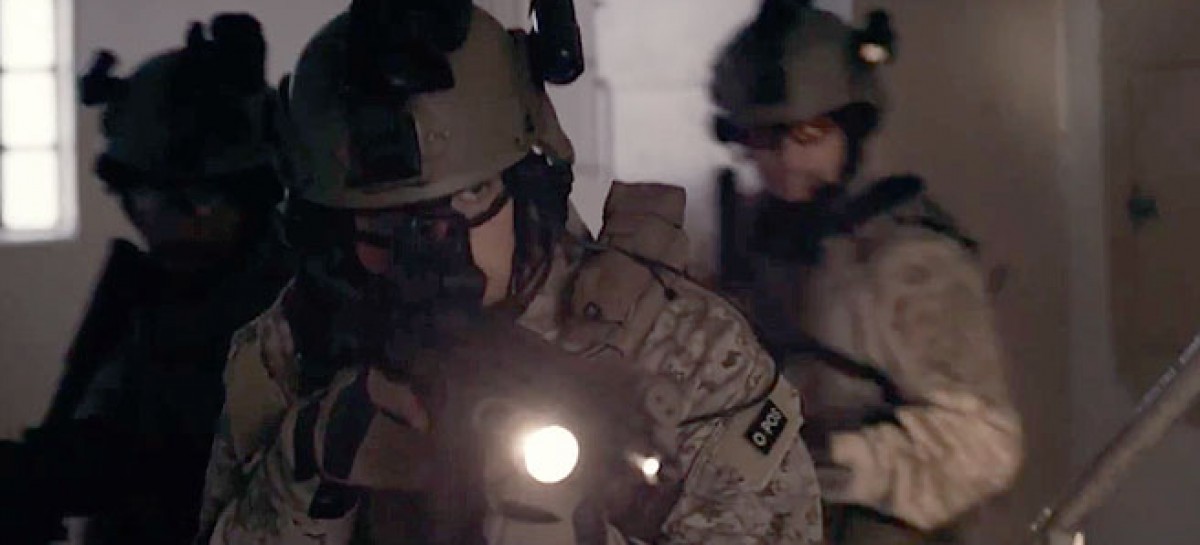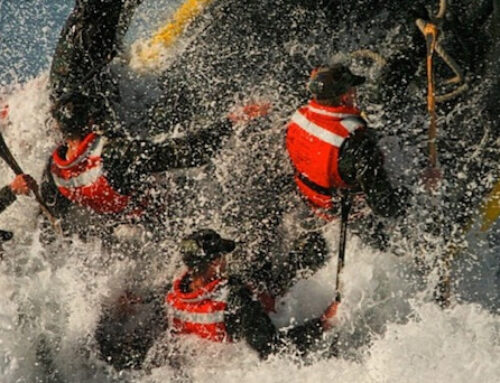
Why Doesn’t the Business World Operate Like the Navy SEAL Team
In the intricate tapestry of decision-making, individuals navigate a labyrinth of choices on a daily basis. The average adult is confronted with approximately 35,000 decisions every single day, a staggering number that highlights the complexity of modern life. Each decision, ranging from the minuscule to the monumental, carries with it a weight of potential consequences. Given this reality, it is crucial to understand that the quality of our decisions hinges on two pivotal factors: the quality of information at our disposal and the self-awareness of the decision maker. In this context, it is intriguing to consider why the business world does not operate with the same precision and efficacy as a Navy SEAL team, which is renowned for its tactical decision-making and cohesive execution.
### Mirroring
One significant reason why business operations differ from SEAL teams is the phenomenon known as mirroring. In military contexts, team members are conditioned to mirror each other’s behaviors and decisions in high-pressure situations. This instinct allows for rapid alignment and synchronization during critical missions, fostering trust and unity. Conversely, in the corporate world, team dynamics can often be fragmented. Employees may be more inclined to operate independently or align with their individual agendas, rather than mirroring the collective goals of their teammates. This lack of cohesion can lead to disjointed decision-making processes and inconsistency in outcomes.
### Paradox of Expertise
The paradox of expertise further complicates decision-making in business environments. While having specialists on a team can seem advantageous, the reality is that their depth of knowledge can sometimes lead to a narrow focus. Experts may become so engrossed in their area of specialization that they fail to consider the broader context, leading to decisions that, while informed, are not comprehensive. In SEAL teams, every member is trained to think critically and adaptively, regardless of their specialty. This holistic approach to decision-making empowers teams to respond dynamically to unpredictable circumstances. In contrast, in many corporate settings, the reliance on experts can result in a rigidity that stifles innovation and adaptability.
### Confirmation Bias
Another critical factor that differentiates corporate decision-making from that of elite military teams is confirmation bias. This psychological phenomenon, where individuals seek information that confirms their preconceived notions while disregarding contradictory evidence, can significantly impair decision quality. In the realm of business, this bias can lead teams to make uninformed choices based on a skewed perception of reality. In contrast, SEAL teams operate under rigorous post-mission debriefs that emphasize accountability and the examination of all available evidence, regardless of whether it aligns with preconceived beliefs. This commitment to an objective assessment of outcomes allows for continuous improvement and fosters an environment where mistakes are recognized and learned from, rather than ignored.
### Positive-Thinking Bias
The positive-thinking bias further complicates the decision-making landscape in the business world. This bias manifests when individuals maintain an overly optimistic outlook on their prospects, leading to a miscalculation of risks and an underestimation of potential challenges. This can result in a series of poor decisions predicated on an illusory sense of security. In contrast, SEAL teams are trained to anticipate the worst-case scenarios and prepare meticulously for them, ensuring that they are ready to confront adversity head-on. This proactive mindset fosters resilience and enhances their overall operational effectiveness. In contrast, many businesses prioritize a culture of positive thinking to the detriment of critical risk assessment, potentially leading to catastrophic outcomes.
### The Interplay of Luck and Reality
Planning for the worst while hoping for the best can be an effective strategy in both business and military operations. However, the expectation that luck will change in one’s favor after a prolonged period of adversity is where the divergence becomes evident. Luck, often seen as an external force, operates independently of reality. It does not communicate or align with the meticulous planning that businesses undertake. Conversely, SEAL teams operate on a foundation of rigorous training, preparation, and strategy, understanding that they must create their own luck through discipline and execution.
In conclusion, the decision-making processes within the business world are inherently different from those employed by elite military units such as the Navy SEAL teams. Factors such as mirroring, the paradox of expertise, confirmation bias, and positive-thinking bias play significant roles in shaping the quality and outcomes of decisions. The business world often suffers from fragmentation, rigidity, and an overreliance on optimism, while SEAL teams thrive on cohesion, adaptability, and an unwavering commitment to reality. By understanding these differences, business leaders can strive to adopt more effective decision-making frameworks, ultimately leading to better outcomes and improved organizational performance.








